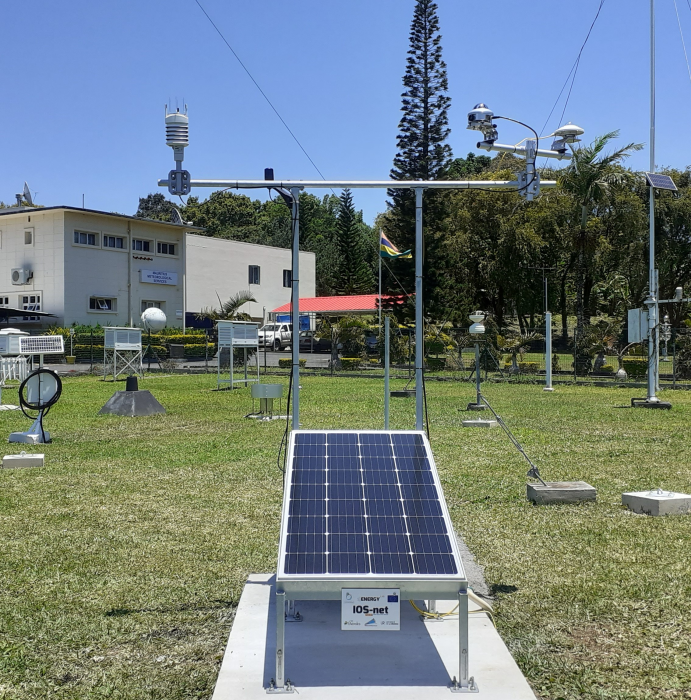




The Indian Ocean Commission’s (IOC) member countries have assorted economies and energy sectors. They are highly dependent upon fossil fuels, of which at least 81% of primary energy is imported (oil and coal). Comoros and Madagascar import 90% of their commercial energy in the form of fossil fuels. Mauritius is 83.78% dependent on fossil fuels for its energy supply, and Seychelles is 95% dependent on fossil fuels. Because of this reliance, the area has seen serious repercussions on the cost of energy (particularly electricity) in the region, the balance of payments, the financial situation of the electricity companies, and the corresponding state budgets. In contrast, Reunion Island—a French department and European Overseas Region—employs a progressive renewable energy development policy, promoting accelerated development of renewable energy products in the region, which reduces dependence on fossil fuel exports.
Because of this dependence, the area has seen serious repercussions on the cost of energy (particularly electricity) in the region, the balance of payments, the financial situation of the electricity companies, and the corresponding state budgets.
One major challenge for IOC member states is gaining access to the energy essential for their economic development while respecting and preserving the environment. The region has a large reservoir of renewable energy—including bio-fuels—with a significant potential for improving energy efficiency. A regional approach is required because of the IOC member states’ varied energy sector circumstances.
Cooperation at the regional level provides real added value, particularly for pooling expertise and developing tools for the exchange of know-how and technologies. This approach could serve as a marketing strategy to attract investment in a sector that has great potential for economic growth, employment, and poverty reduction in the IOC region.
It is in this context that IOC, with the support of the European Union (EU), is implementing a program for the promotion of renewable energy and energy efficiency. With funding of €15 million from the EU under the 10th European Development Fund (EDF), the program focuses on the Union of Comoros, Madagascar, Mauritius, and Seychelles.
The project’s objective for of solar metrology is to install identical stations in the IOC territories: two in Comoros, two in Madagascar, one in Mauritius, and two in Seychelles. These stations will be integrated into the existing Laboratory of Energy, Electronics, and Processes (LE2P) ground-based solar metrology network (see photos).
For more information, please refer to the following websites:
- Indian Ocean Commission (IOC): (https://www.commissionoceanindien.org/portfolio-items/energies/?portfolioCats=27)
- Video about IOC creation: (https://youtu.be/pWacYG9Qw3Q)
Case Study Summary
Application
Centralization of the acquisition of meteorological and solar dataLocation
Comoros, Madagascar, Mauritius, and SeychellesProducts Used
CR1000XContributors
Mazhar Meralli Ballou, Director of Stratagem974Participating Organizations
IOC; University of Reunion Island’s Laboratory of Energy, Electronics, and Processes (LE2P); Stratagem974Measured Parameters
Wind, rainfall, temperature and relative humidity, global horizontal irradiance (GHI), diffuse horizontal irradiance (DHI)Related Website
Indian Ocean CommissionView the PDF